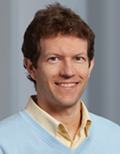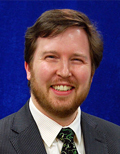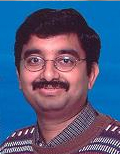The Internet has been successful beyond even the most optimistic expectations. It permeates and intertwines with almost all aspects of our society and economy. The success of the Internet has created a dependency on communication as many of the processes underpinning the foundations of modern society would grind to a halt should communication become unavailable. However, much to our dismay, the current state of safety and availability of the Internet is not commensurate with its importance.
Although we cannot conclusively determine what the impact of a 1-minute, 1-hour, 1-day, or 1-week outage of Internet connectivity on our society would be, anecdotal evidence indicates that even short outages have a profound negative impact on governmental, economic, and societal operations. To make matters worse, the Internet has not been designed for high availability in the face of malicious actions by adversaries. Recent patches to improve Internet security and availability have been constrained by the current Internet architecture, business models, and legal aspects. Moreover, there are fundamental design decisions of the current Internet that inherently complicate secure operation.
Given the diverse nature of constituents in today's Internet, another important challenge is how to scale authentication of entities (e.g., AS ownership for routing, name servers for DNS, or domains for TLS) to a global environment. Currently prevalent PKI models (monopoly andoligarchy) do not scale globally because mutually distrusting entities cannot agree on a single trust root, and because everyday users cannot evaluate the trustworthiness of each of the many root CAs in their browsers.
To address these issues, we study the design of a next-generation Internet that is secure, available, and offers privacy by design; that provides appropriate incentives for a transition to the new architecture; and that considers economic and policy issues at the design stage. Such a research environment offers a bonanza for security researchers: a critically important problem space with a medley of challenges to address, and unfettered freedom to think creatively in the absence of limiting constraints. Once we know how good a network could be, we can then engage in incorporating these ideas into the current Internet or study strategies for transition to a next-generation network.












 Download PDF
Download PDF

